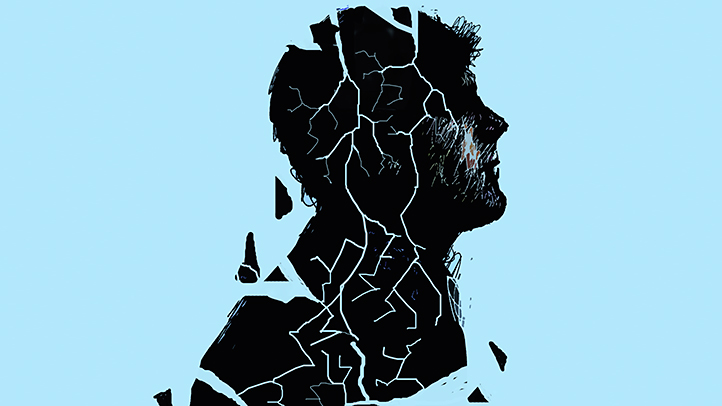Debilitating depression can stem from emotional upheavals or even lifestyle factors. Many clients come in convinced there is something fundamentally wrong with them though the root of the depression they’re grappling with lies in specific events or the way they live. They begin to second-guess their choices in life and, in dire cases, toy with the idea of ending theirs if things don’t change for the better. Often their depression is the result of one or more of the following:
1. Social isolation
Remaining socially engaged is one of the best strategies to keep depression in check. But it isn’t easy because depression convinces the person suffering from it that he or she isn’t any fun to be around, pushing them further into social isolation. It’s important to recognize that these thoughts aren’t beneficial and fight the overwhelming urge to stay isolated by reaching out to a good friend or support group.
2. Loss or bereavement
A personal or professional loss or setback can be devastating. A breakup, a job loss or the death of a relative, partner or beloved pet is a situation that drowns us in grief and foreboding. These situations of transition and loss make grief mimic depression. They leave one feeling sad, disconnected, irritable and unwilling to engage socially, thereby feeding depression.
3. Sleep deprivation
Not getting enough sleep is another factor that can lead to depression. Lack of adequate sleep causes lethargy, irritability and affects cognitive functioning. Besides, a depressed person finds it hard to drift into restful sleep, creating a vicious cycle. Seek professional help if you suffer from insomnia or a sleep disorder. Learning behavioral strategies to manage sleeplessness can help combat depression.
4. Lacking meaning in life
To be truly content, we all need to know there is a purpose to our existence. According to renowned psychiatrist Viktor Frankl, we can find meaning in life through our work, personal relationships, helping others, learning, creative endeavors or spirituality. If you hate the career you’re in or feel lost in other aspects of your life, it’s perhaps time to make changes that are more aligned to your values and priorities.
5. Excessive self-criticism
Everyone has an inner voice that guides and grounds them. But sometimes that inner voice becomes overly self-critical and sets impossibly high standards. This fosters a persistent sense of failure. Therapy is a powerful tool to counter this tendency and control depression by developing self-compassion.
6. Inadequate exercise
Exercise is clinically proven to boost happiness and self-esteem. Not getting enough can be one of the factors that lead to depression. No one is saying you need to compete in professional-level sports (though it’s great if you want to), but even short bursts of regular exercise can vastly benefit your mood. Go for a walk with a friend or do 20 minutes of yoga and see how much better you feel.
7. No connection with nature
Mother nature can calm and heal like little else. “Ecotherapy” or “green therapy” is fast gaining favor as a strategy to combat depression. Spending even a few minutes a day in the outdoors fosters feelings of serenity and mindfulness. If you live in a big city, develop a routine that takes you to a park or shoreline for a little while most days.
8. Dietary deficiencies
A poor diet deficient in key nutrients is increasingly being linked to depression. Research has shown that low absorption of vitamins B and D can cause depression, as can high intake of gluten for those who suffer from gluten intolerance. A consultation with a dietician or nutritionist can set you on the path to making the right food choices for your unique needs.
9. Excessive stress
Unrelenting stress can also lead to depression. When you reach a point where it becomes impossible to cope, you need to seek help. Share responsibilities, lower expectations of yourself or reach out for help – anything to lower the constant pressure that makes it hard to function.
10. No time for leisure
Growing up doesn’t mean it should be all work and no play. Becoming caught in a never-ending cycle of work and home responsibilities can cause depression and affect productivity. So make time for leisure. Make a habit of spending time doing something you enjoy or even just mentally unwinding in front of a television.
11. Hormonal imbalances
Imbalances or deficiencies in estrogen, progesterone and cortisol can play a role in triggering depression. It’s worth checking out your hormonal levels to see if they may be a cause for the condition.
12. Ignoring emotions
We all feel sadness, anxiety or anger at some point. These are primary feelings. It’s important to address these emotions and acknowledge them for what they are at the onset. Otherwise we end up with secondary emotions like shame or guilt at experiencing primary emotions and feeling depressed. The result can be a thickening emotional web that fuels deeper depression. Allow yourself to feel the emotions that come up with compassion and without judgment. You will feel liberated.









